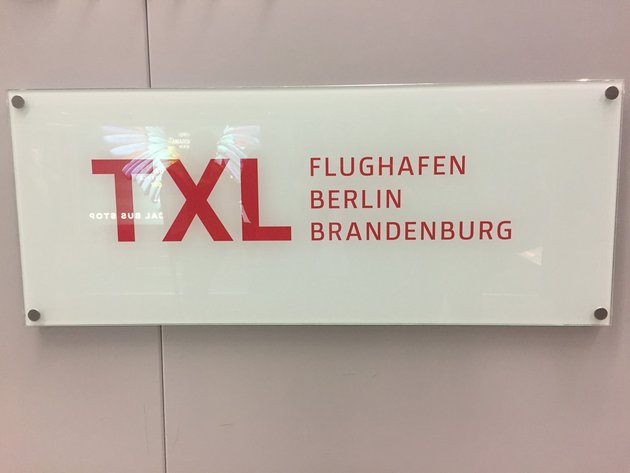Why Berlin Brandenburg Airport must become Germany’s Suvarnabhumi & Tegel should not close

CAPA - Center for Aviation
It wasn’t that long ago that few people outside Germany paid much attention to the aviation scene in Berlin. For the capital city of Europe’s largest national economy (and the world’s fourth largest, by GDP) the three commercial airports there (two since Tempelhof was closed in 2008) were almost criminally underused.
As airberlin implodes and the vultures circle to digest the tastiest parts of the airline that had planned to springboard from Berlin’s (still almost) new Brandenburg Airport, it is time for a renewed focus on the capital city’s airport planning. Plans to close Tegel Airport risk the loss of billions of dollars in economic activity. Constraining airline growth at a new, under-capacity airport would undermine Berlin’s capital city status.
Why Berlin Brandenburg Airport must become Germany’s Suvarnabhumi & Tegel should not close


